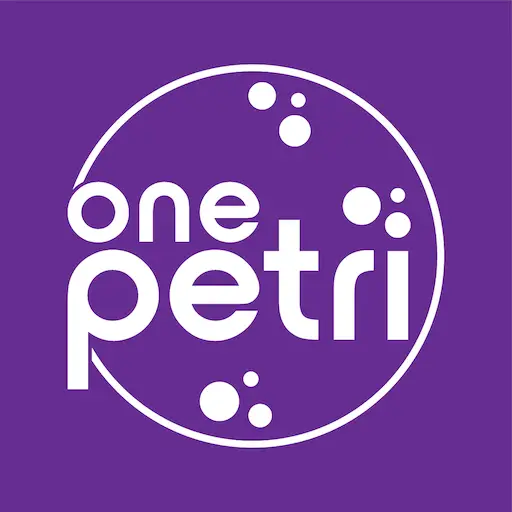The application of Artificial Intelligence (AI) in the field of phage science is revolutionizing the way tasks are performed. AI utilizes programming technology to mimic human thought and behavior by analyzing data and the surrounding environment, solving problems, self-learning, and adapting to various tasks. This technology can relieve scientists of repetitive and time-consuming tasks, as machines can learn from experience and perform human-like tasks with precision. From chess-playing computers to self-driving cars, AI is paving the way for innovative tools that simplify the work of phage scientists and promote efficiency in their daily tasks. With the rise of AI in the field, researchers can now spend their time on more productive and creative endeavors.
OnePetri, a game-changing app designed to simplify the tedious task of plaque counting in phage protocols, was created by Michael Shamash, a Ph.D. candidate in the lab of Dr. Corinne Maurice at McGill University in Canada. Michael, a microbiologist by training, saw the need for a tool to aid scientists and make their work more efficient. With OnePetri, counting plaques only takes a few seconds (A very important step in plaque assay). The app uses your phone’s camera to scan a petri dish and detect plaques, either live or from an image in your gallery. Beta testers of the app were pleasantly surprised to find that it could also count bacterial colonies and determine colony-forming units on Petri dishes. With its ease of use and time-saving capabilities, OnePetri is the perfect solution for phage researchers everywhere.

In an interview with The Phage, Michael shared the inspiration behind OnePetri. He aimed to create a tool that would save time and effort for those who frequently perform bacterial counts in the phage community. His passion for machine learning and object detection in images led him to develop this innovative app.
Michael is not new to app development, having previously co-released a suite of iOS applications for flight simulation enthusiasts in 2014 and 2015. Despite this, OnePetri was his fastest project to date, taking just 6 weeks from idea to publication on the App Store. Additionally, he conducted a beta test to ensure its quality before its official release.
It’s worth mentioning that OnePetri requires no registration or login, and the app does not collect any data or statistics. Michael’s goal was to make the app as user-friendly and quick to use as possible, while also being fully functional offline. The source code of the app, including the models and training data, is publicly available online under the GPL-v3 license, and contributions from the phage community are welcome via the GitHub page.
OnePetri was rigorously tested by phage scientists, who utilized their own datasets and Petri dishes to assess its functionality. Currently, the app is only available for iOS users, however, the developer is actively working on an Android version. In addition, Michael has made the app accessible to everyone, with the source code available publicly online under the GPL-v3 license. The models and training data are also open-source, inviting contributions from the phage community. If you wish to get involved, visit OnePetri’s GitHub page today.
OnePetri is designed to be user-friendly, with no need for registration or login. The app creator, Michael, aimed to simplify the app’s usage while ensuring its full functionality even without internet access. Privacy is of utmost importance, as the app does not collect any data or statistics about its usage. In the future, additional features such as an accounting system may be added, but the core functionality of the app will always remain accessible without the need for registration or login.

Michael stated his plans for the iOS app, expressing a desire to add support for bacterial CFU counting, in addition to various assay types. His ultimate goal is to make OnePetri the go-to app for a wide range of common Petri dish assay types, not limited to just CFU and PFU counting. He welcomes suggestions from the phage science community to make the app more inclusive and user-friendly. The phage science community eagerly awaits innovative and dedicated apps like OnePetri that can reduce the monotony of manual laboratory tasks
Important links
- OnePetri website & download link: https://onepetri.ai
- Twitter: @michaelviridae and @OnePetri




That's amazing tool Michael, can the app measure the diameter of a single plaque? If not can that feature be added?
Nice app. for all phage phans
Hi Walya, thanks for your interest in OnePetri! We do not currently support measuring plaque diameter, however this is something I'm considering adding a future update. It would be an estimate though.
Thanks Michael. cant wait to see the update
Nice app. is the android version ready?